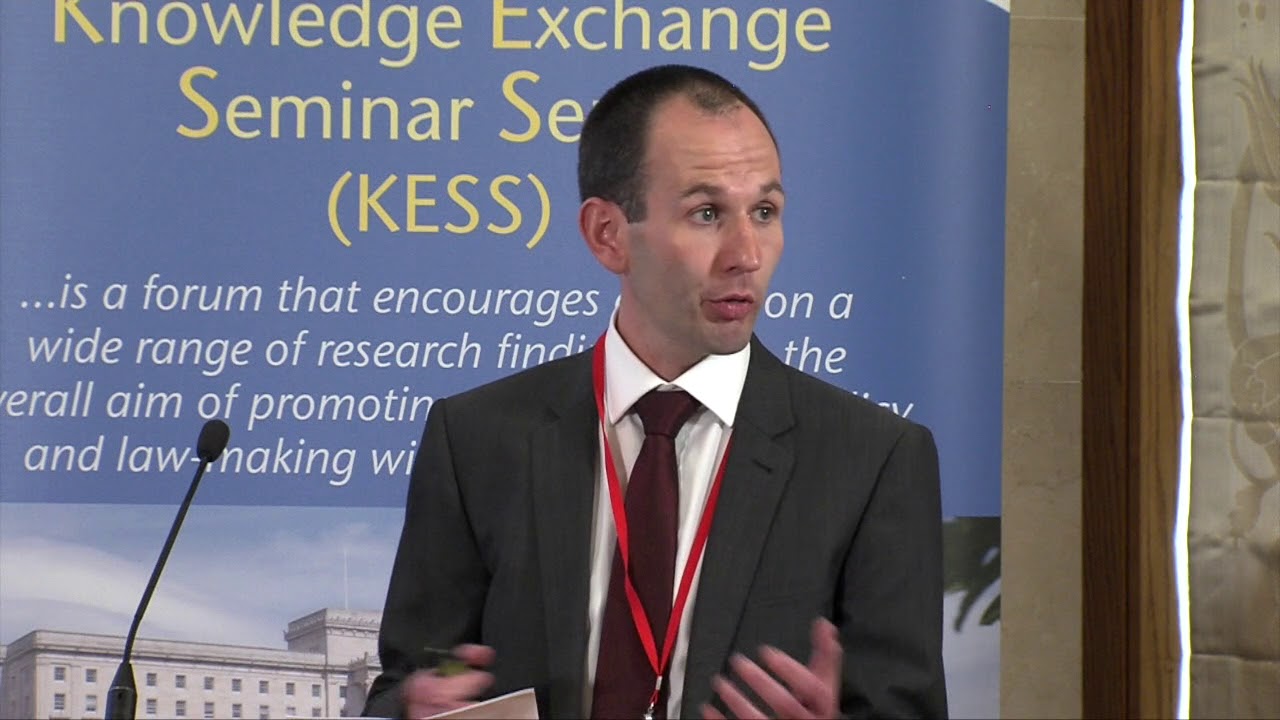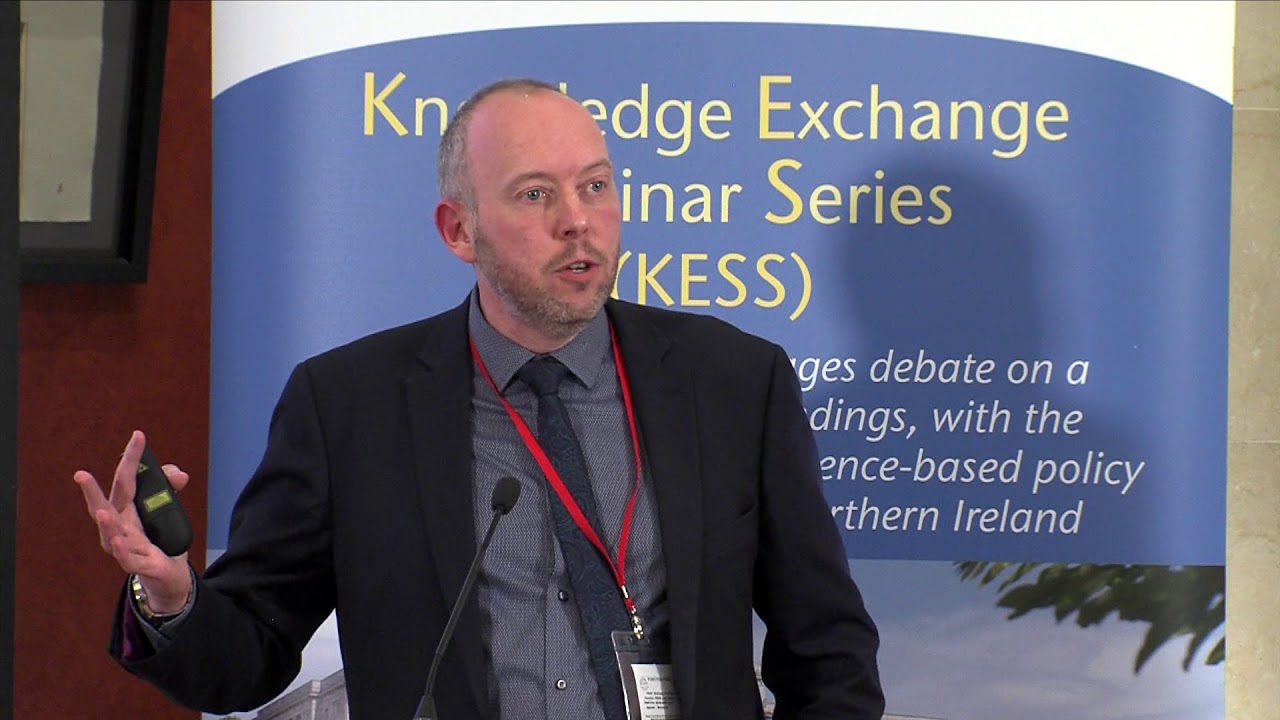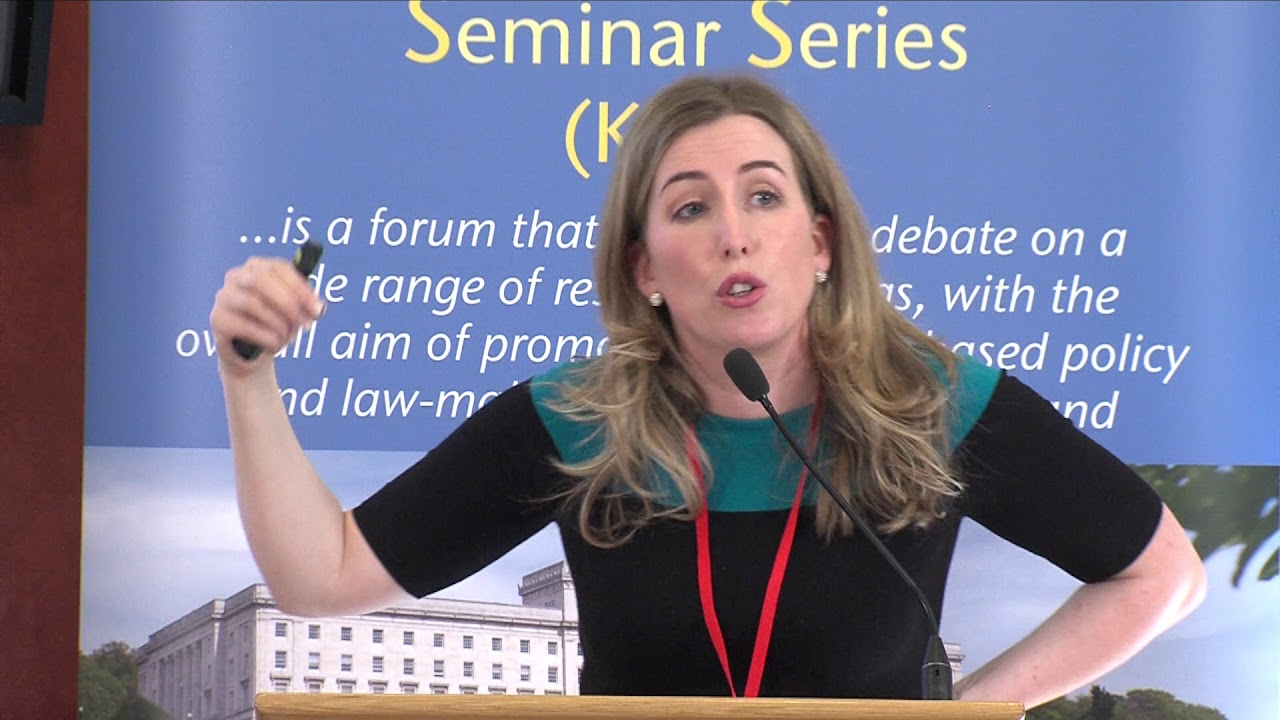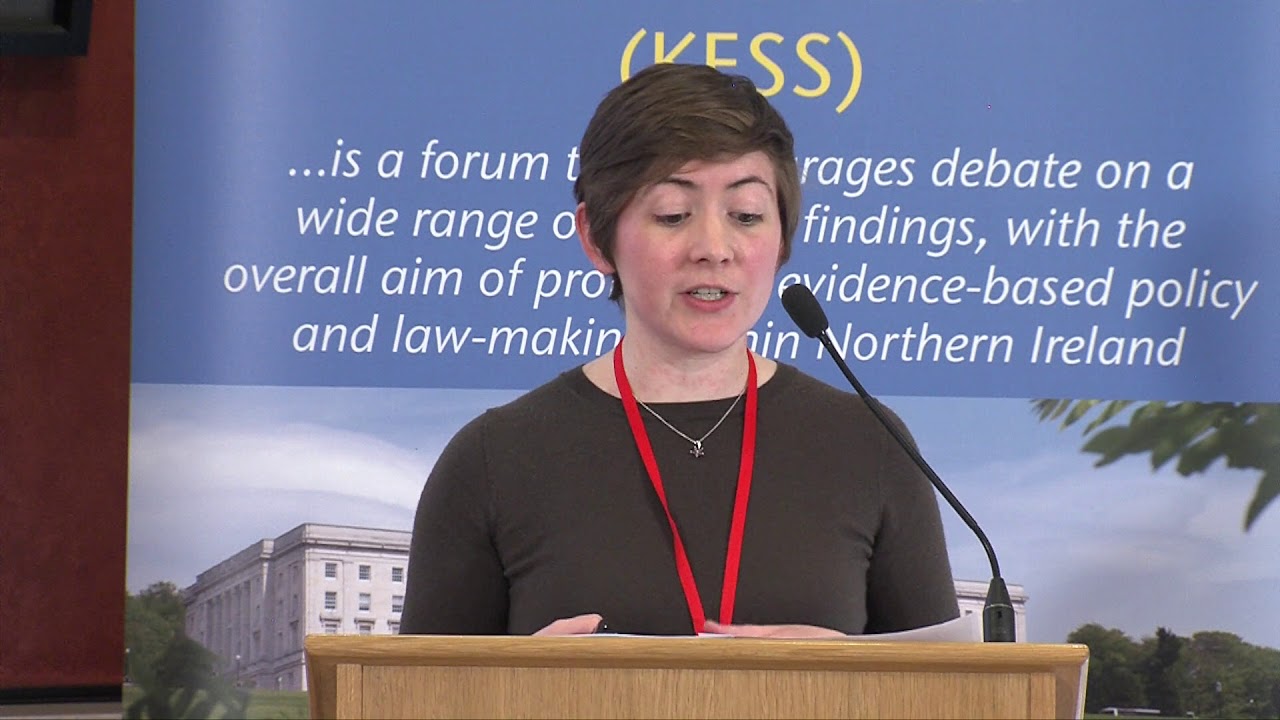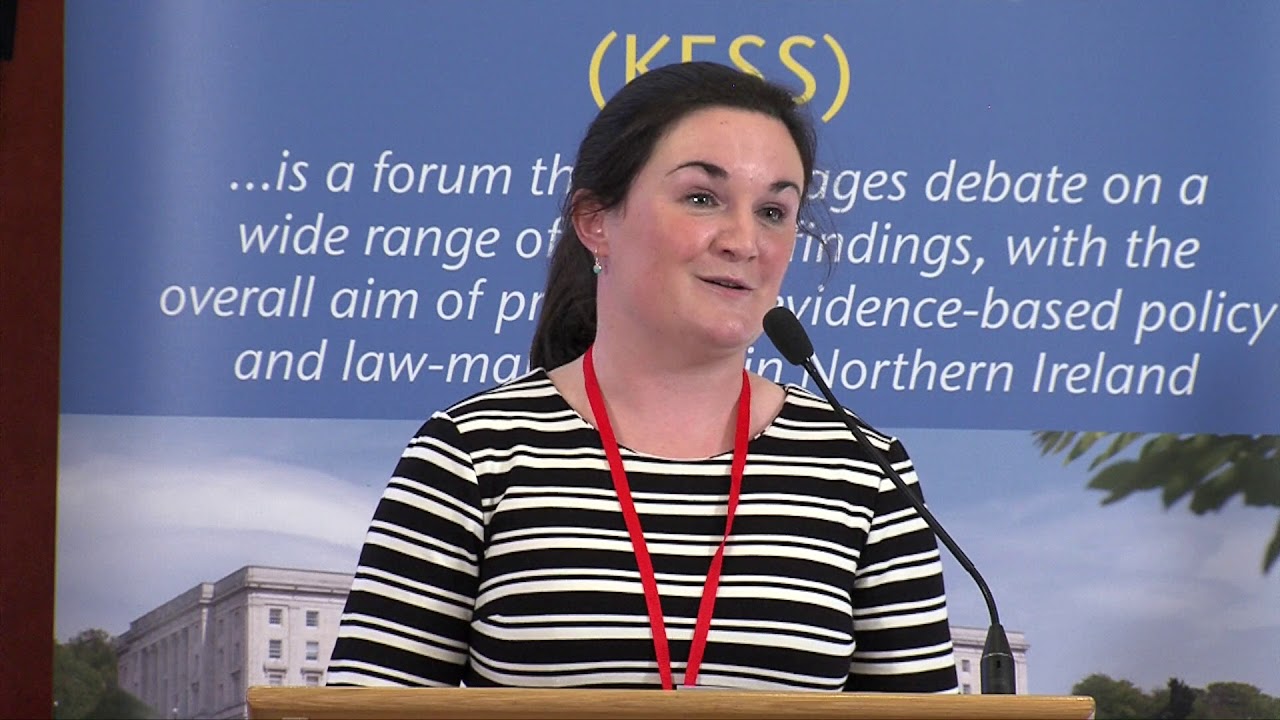Using GPS tracking devices to explore the geographies of young people
Dr Sally Cook, Dr Paul McKenzie and Dr Stephen Roulston (Ulster) – This presentation highlights the communal divisions in one town in Northern Ireland, Coleraine,… Read More »Using GPS tracking devices to explore the geographies of young people




